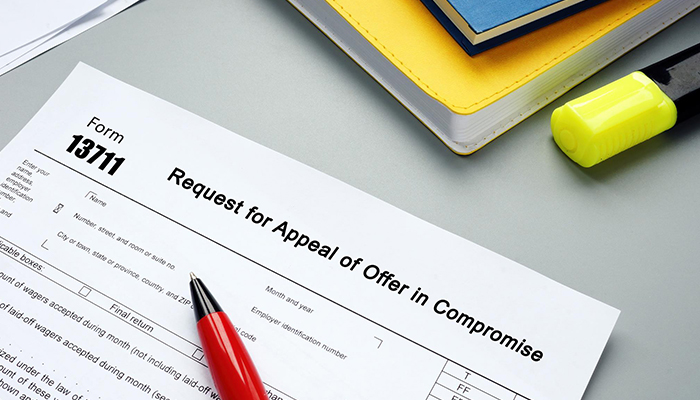
The very mention of the term ‘IRS audit’ is enough to worry even the most diligent taxpayer. Whether the audit is to investigate back taxes, penalties, interest, or sanctions it can result in perpetual visits to the IRS office or even visits from IRS agents to taxpayers on the receiving end. That, however, is just the beginning of the worries. If all of the findings of the audit are against the taxpayer’s interest, it can result in serious financial consequences. That is when taxpayers can turn to the Office of Appeals.
How does the Office of Appeals Help?
Even though the IRS is often demonized, it gives every taxpayer a fair chance at a just outcome. If a taxpayer is not satisfied with the findings of IRS auditors, they can file a reassessment through the Office of Appeals, which is a separate entity from the IRS. The Office of Appeals, which comprises more than 2000 former tax auditors located across the US, holds the right to overturn or modify the findings of an audit and to the taxpayer’s favor.
Related Blog Post: IRS Tax Controversy: Six Ways the IRS Will Make Your Life Miserable if You Owe Them Money
How to Appeal an IRS Audit?
After the completion of an audit, the IRS sends a detailed report to the taxpayer that outlines the findings and subsequent interest, penalties, or taxes. The first step in the process of filing an appeal is not signing and returning your copy of the report. If you do not accept the report, you will receive a 30-day IRS appeal letter explaining how to appeal the audit, which you must do within 30 days of the date of the issuance of the letter.
What Information needs to be included in the Appeal?
When appealing an IRS audit, make sure you include all the required details: your name, address, and telephone number; a formal statement containing a list of each proposed item with which you disagree and your reason(s) for the same; a copy of the letter you received and the tax period or year in subject. Additionally, you are also required to mention the law or authority that supports your position on each disagreement and a penalties-of-perjury statement followed by your signature under the statement.
Related Blog Post: Requesting a Waiver of IRS Tax Penalties and Interest
How to Prepare for the Hearing?
The IRS usually gives taxpayers at least 60 days to prepare for the hearing after submission of the appeals request. You can use this time to collect and organize all the details pertaining to your appeal and the arguments you intend to present during the hearing. Be sure to prepare copies of all relevant receipts, financial statements, and any other forms you may need to prove your case. It is advisable to provide a clear breakdown of all the information on a spreadsheet that is easily comprehensible to the appeals officer.
How to Present the Case?
When it comes to presenting your appeal during the hearing, it is important to have an outline of the statements you want to make and to go through your points before the beginning of the proceeding. During the hearing, be sure to clearly identify all errors you believe the IRS auditor committed during the audit without bad mouthing the auditor or the IRS. Make sure you either record the session or note down the statements made by the appeal officer during the hearing, you may need the information later.
The Last Word
Appealing an IRS audit can be a tricky maze for most taxpayers, which is the reason why it is important to have an experienced IRS tax attorney on your side, who can guide you in the right direction and help draw a favorable outcome. If you are looking for a trusted Dallas IRS lawyer, look no further than the Law Offices of Nick Nemeth. Over the years, we have helped hundreds of people overcome all sorts of IRS tax problems, and the next success story could be yours. Reach out to us for a no-obligation consultation. Simply call (972) 426-2553 or fill out our contact form and we’ll get back to you as soon as possible.


